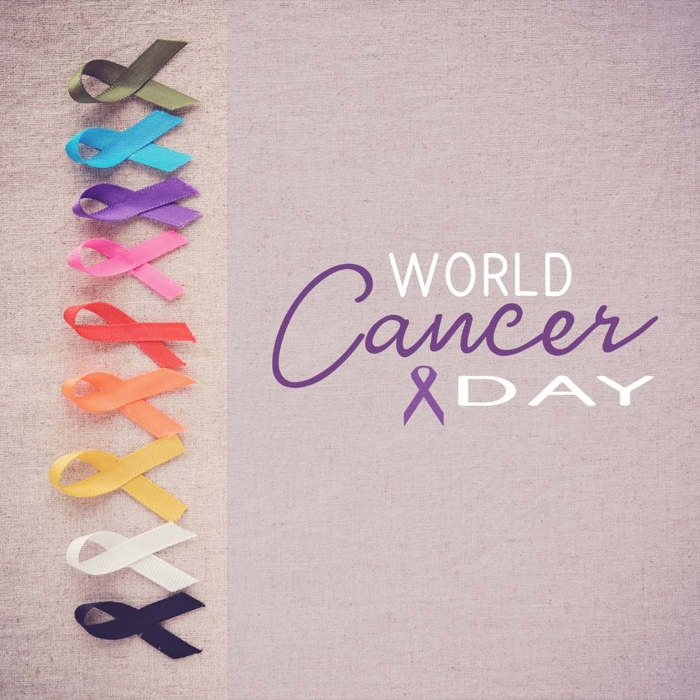
World Cancer Day is an annual event, launched by the International Union Against Cancer (UICC) in collaboration with the WHO, which invites citizens, organisations and government institutions around the world to join forces to fight the global cancer epidemic. The campaign theme for 2022 - 2024 is "For fairer care".
The rapid rise in the burden of cancer is attributed to profound changes in lifestyle, such as unhealthy eating, smoking, lack of physical activity, exposure to environmental hazards and other lifestyle risk factors.
In fact, 40% of cancers are potentially preventable, 40% are treatable and 20% are treated for palliative purposes.
Many cost-effective strategies have been proven to reduce the burden of cancer.
WHO and its partners are working to strengthen the capacity of countries to detect and manage cancer early, with a particular focus on the regional priority areas of cancer prevention and control.
In response to the major gaps in palliative care in the Region and the high proportion of cancer patients in advanced stages of the disease, the Regional Office organised several training sessions for doctors and medical staff in palliative care services. Their aim was to highlight the use of the WHO protocol for the integration of palliative care into primary health care in order to expand services and empower primary health care staff.
At present, resources for cancer control throughout the Region are both insufficient and almost exclusively directed towards treatment.
In the case of breast cancer, which is the most common cancer among women in the Region, the countries are strongly committed to screening and early detection. In some countries in the Region, such as Jordan, Kuwait, Lebanon, Morocco, Oman and Saudi Arabia, training and community awareness of early detection of breast cancer are priority interventions. Primary health care professionals play a key role in raising women's awareness of the problem and in the early detection of breast abnormalities.
WHO is helping countries to :
- Encourage policy and decision makers to mobilize more funds and secure resources for cancer prevention, early detection, treatment and palliative care;
- Strengthen national capacity for cancer control, including training of human resources and implementation of regional guidelines for cancer registries or palliative care;
- Encourage the integration of cancer prevention and screening programmes into primary health care by building institutional capacity in low- and middle-income countries;
- Improve cancer registries and information systems in countries where these are limited, or establish them where they do not exist;
- promote healthy lifestyles and tobacco control to combat the major causes of cancer;
- Strengthen palliative care services, including reviewing legislation on painkillers and expanding home-based palliative care programmes;
- Promote national and regional networking between cancer programmes and professionals.
Based on data on the prevalence of the two major risk factors (smoking and obesity) for cancer and other non-communicable diseases, it is clear that in many countries cancer prevention must become a priority. Significant efforts will be needed to reduce the prevalence of key risk factors in order to control cancer more effectively.
The regional cancer control strategy should provide the basis for a comprehensive, coordinated and resource-oriented national approach.
No hay comentarios:
Publicar un comentario